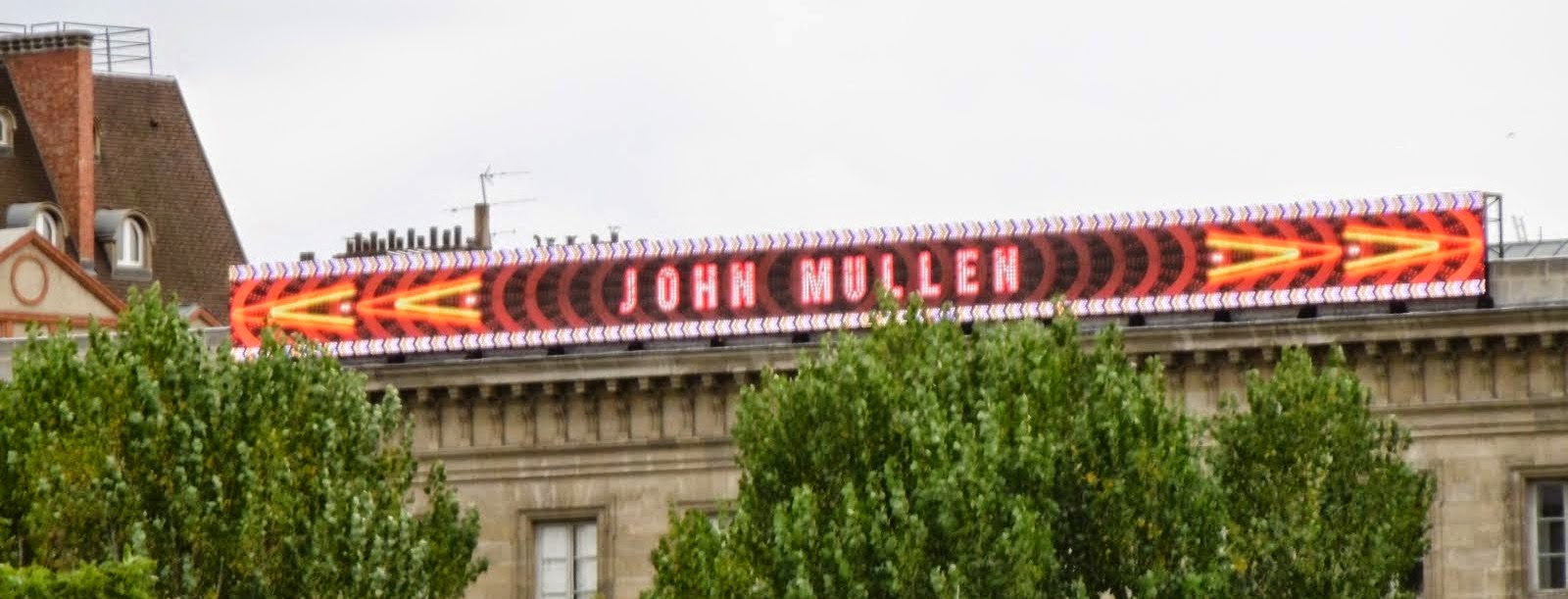I have marked more than half of your assignments, and hope to get them back to you next week. A couple of preliminary comments.
Firstly, in the CAPES exam, you must re-read your work extremely seriously. When the examiner sees "the prime minister say that", he or she does NOT think "Oh, the poor student has forgotten an 's', oh well, we all forget things sometimes. They think "this student does not know the present tense of regular verbs in English".
Seccondly remember you are looking for good excuses to show these three things
1) Your English is very good
2) You know how a document works and what the author is doing.
3) You have a good knowledge of (in this case) British history.
So let's take them in order
1) If you only use very short sentences and very simple vocabulary, and you only link ideas with "and" and "but", never with "although" or "even if", then you haven't shown number one. If you make no mistakes in your English, this will not help you in the CAPES if your English is much too simple.
2) Remember always to ask the question "What is the author trying to do?" Several students did not ask what Blair was trying to do in his speech.
3) So place the documents in history. 1985 is right in the middle of the Thatcher era, after the Brixton riots, before the Stephen Lawrence murder. 2000 is after the Macpherson report and before the several new anti-discrimination laws of the last ten years. Blair's speech is after the bombings in London, but also after the bombings in New York and the following war, and durign the rise of the "English Defence League".

No comments:
Post a Comment